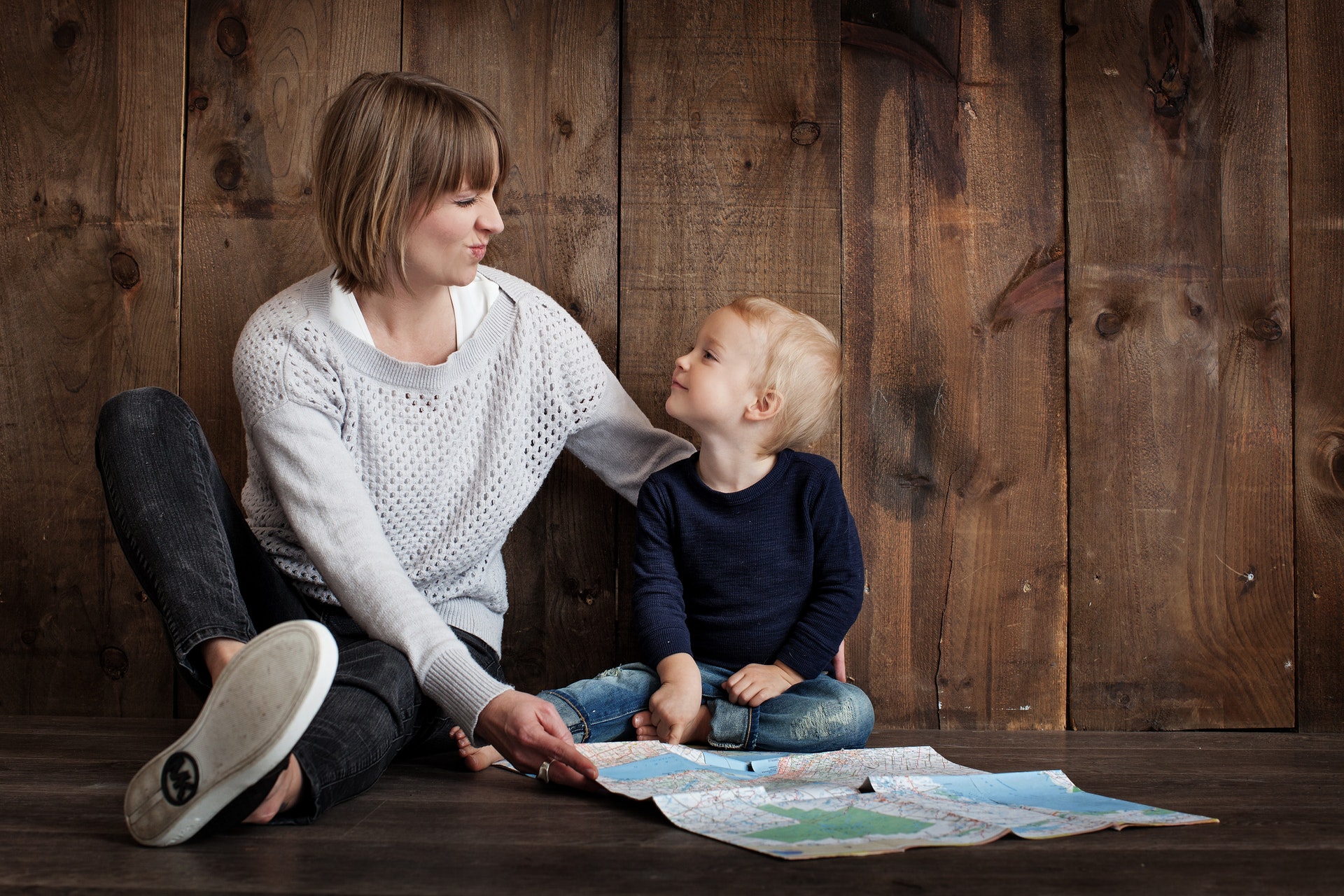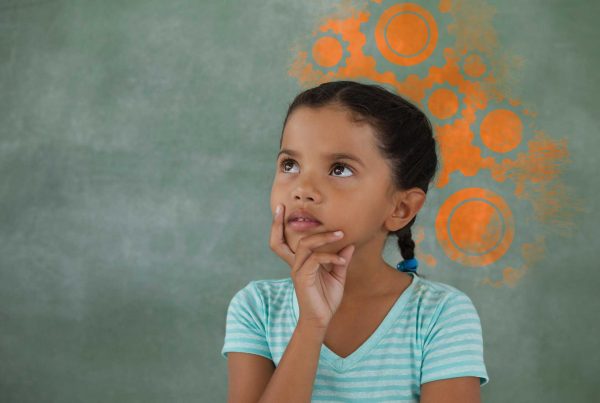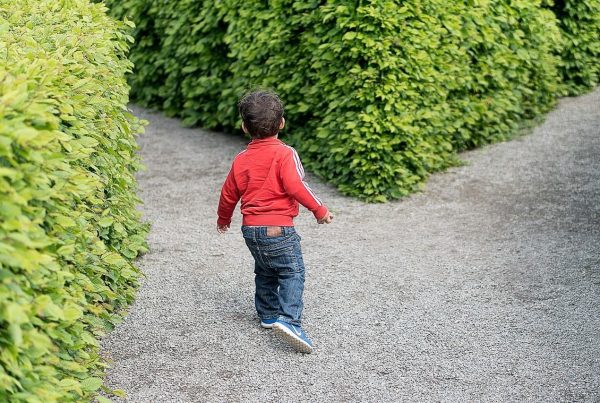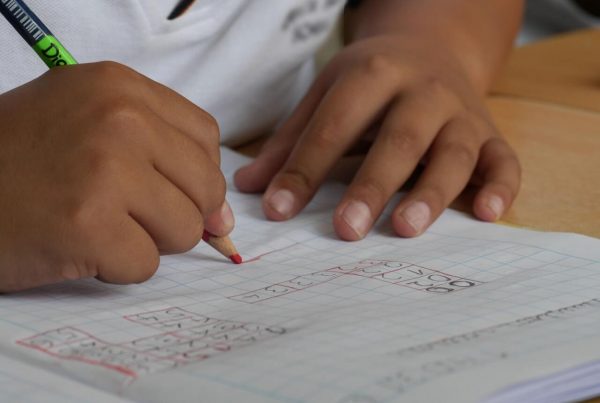
Communication skills are essential to a young child’s development, for it’s through these skills that kids connect with their world. From asking for something to sharing an event that happened to them, every aspect of communication is important. Even crying is a vital communication skill.
There are lots of ways parents can encourage their young toddler’s language development. If you have someone under three in your home, try each of these communication activities to encourage them along.
Respond to Requests
When your baby or toddler makes a request, respond as positively as you can at that moment. Grant them the request if you’re able to and deem it wise, or decline it as graciously as possible if it’s not possible or wouldn’t be beneficial for them. How you respond will determine how they communicate with you and others in the future. Thus, be positive and encouraging in order to nurture their confidence to continue communicating.
Keep in mind that communication isn’t always verbal. In fact, research indicates that only 30% of communication is verbal even between adults, which leaves the other 70% to non-verbal gestures, facial expressions, body language, intonation, and more. When your child makes a non-verbal request by motioning, pointing, or reaching, recognize it as communication and respond accordingly.
Have Conversations
Sometimes helping children in their toddler language development is as simple as actually communicating with them. Find time to have a conversation, and let them direct where it goes. You’ll be teaching them the back-and-forth rhythm of talking with others, while also getting a window into their world.
At very young ages, before children even begin to talk, you can have conversations by taking turns cooing or making noises. Mimic their sounds, and see whether they’ll make the same sound back to you. You might even find that the pitch of their coos follows the pattern of your voice as you talk. You can also narrate every detail of what you’re doing, which helps infants begin to identify the communication sounds specific to your language.
During toddler years once kids have a decent vocabulary, ask them questions that have specific yet open-ended answers. Rather than “did you go to school today?” try “where did you go today?” That can be followed up with inquiries about what they did there, who they saw or almost anything else.
Go One Step Further
When your toddler talks, repeat what they say and take it one step further. For instance, respond with “a green block” if they point and say “block.” When you hear, “more milk please,” repeat and extend, “you want more milk from the fridge?” They’ll hear any corrections in pronunciation, and they’ll learn to make their phrases slightly fuller. You don’t even have to correct them, all you need to do is repeat and make longer.
Read Books
Reading together is one of the best communication activities for encouraging toddler language development, and not just because so much communication is written and read. Everyone writes at a higher level and with more vocabulary than they speak, so reading exposes your children to a greater richness in language. They learn definitions, plot structures, sentence construction and much more.
As you read, you’ll undoubtedly hear requests to read favorite books again and again. Return to these books as much as your child wants, and don’t skip pages. Although the books might seem redundant to you, your child is learning about communication as they master the book. Everything from pronouncing the words to predicting what’s on the next page helps them along.
Use These Communication Activities to Foster Toddler Language Development
If you have a little child at home, use these communication activities on a regular basis with them. You’ll get to know one another, and you’ll be helping foster their language development. For additional assistance, consider formal toddler language development programs.



